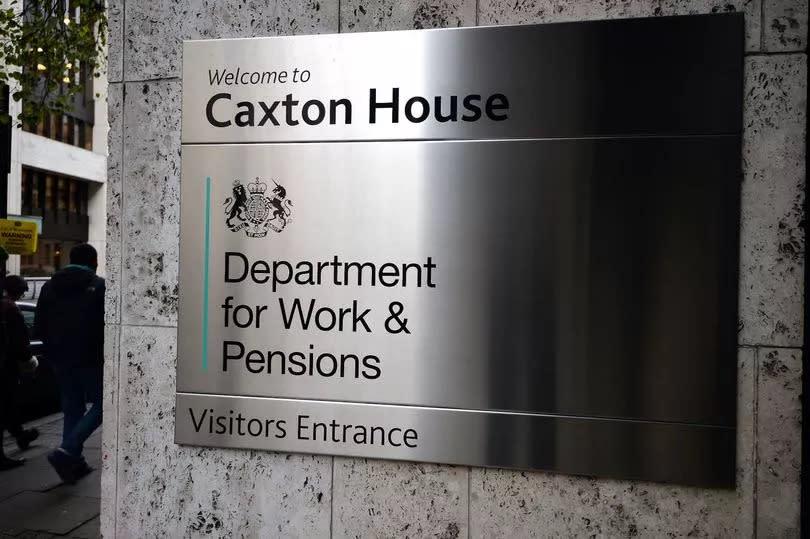DWP advisor resigns as 34,500 claimants have to pay back benefits or face £20,000 fines

A key government advisor has resigned as it emerged thousands of carers are being overpaid and later hit with hefty repayment demands. It came as the Department for Work and Pensions (DWP) came under heavy criticism after it ordered 34,500 people to repay benefits, with fines reaching up to £20,000.
Johnny Timpson, who advised No 10 on its dementia strategy, said he wanted to “take a stand” after the Guardian revealed that tens of thousands of unpaid carers were being fined huge sums and in some cases prosecuted for minor infringements of earnings rules.
The former Cabinet Office adviser said he had been “quite disenchanted” with the Conservative government’s approach towards people with disabilities for some time. Carers who accidentally exceeded the £151 weekly earnings limit even by 1p for receiving Carer’s Allowance have been told to pay back the whole week’s benefit.
The Guardian reports that over 1,000 of these cases involve repayment requests ranging from £5,000 to £20,000. They include a 92-year-old woman with advanced Parkinson’s who was ordered to pay back nearly £7,000 in disability allowance after failing to notify the department of a change in circumstances five years ago when she was in the early stages of dementia. The DWP has said it is urgently reviewing her case.
Timpson, who was awarded an OBE in 2022, sat on the prime minister’s dementia-friendly communities champion group. He was previously a Cabinet Office disability ambassador.
He said the DWP’s approach to carer’s allowance was in breach of its own policy towards protecting vulnerable benefit claimants. “The DWP has its own vulnerable customer policy and practice and quite frankly it’s not following it,” he said.
“We have huge regulatory focus on fundamental customer support in regulated sectors and the DWP is completely out of step with what’s happening in private sector organisations – and really no one has been taken to account so I wanted to take a stand and call this out.”
He said the DWP had become “too big and too removed” and should potentially be disbanded as part of a wider reform of the welfare sector: “The fact that we have made absolutely no progress at all on social care [and] we really did not support carers adequately during the pandemic. But this latest thing the approach the DWP are taking to reclaim benefits from carers and people with disabilities, particularly with neurological disabilities is beyond the pale for me really.”
Iain Duncan Smith, the ex-Tory work and pensions secretary, is among the voices calling for the DWP to pause the repayment claims process and to “very carefully” scrutinise the situation. Speaking to the Guardian, the former Conservative leader said: “The best thing is for the DWP now to pause any of these demands, review carefully what was behind all of this to make sure this was not mistakes by DWP but is genuinely about individuals failing to notify the department.
"The fact that we have made absolutely no progress at all on social care [and] we really did not support carers adequately during the pandemic. But this latest thing the approach the DWP are taking to reclaim benefits from carers and people with disabilities, particularly with neurological disabilities is beyond the pale for me really."
A spokesperson for DWP stated: “Carers across the UK are unsung heroes who make a huge difference to someone else’s life and we have increased carer’s allowance by almost £1,500 since 2010.”
They added: “Our most recent statistics show that carer’s allowance overpayments relating to earnings represents 2.1 per cent of the £3.3bn we spend supporting those who look after loved ones. Claimants have a responsibility to inform DWP of any changes in their circumstances that could impact their award, and with safeguards in place to manage repayments, this ensures fairness in our welfare system.”

 Yahoo News
Yahoo News 
